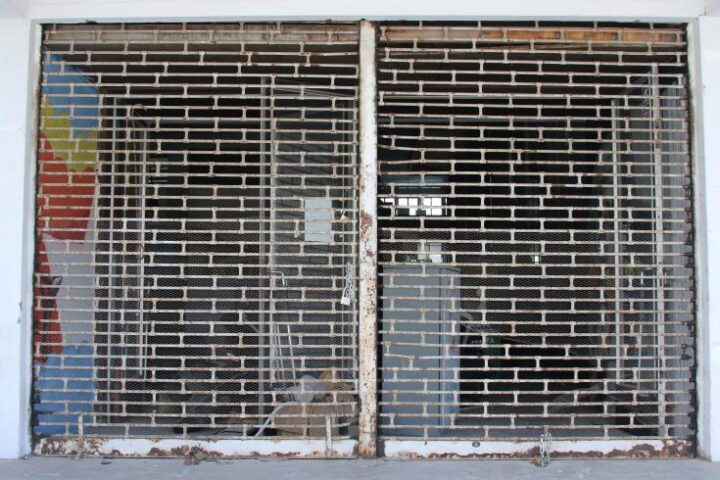Businesses say implementing a new digital platform for monitoring retail product prices, known as the e-basket, constitutes state intervention in the free market.
The Council of Ministers gave a bill the green light and will soon be presented to the Parliament.
Once passed, the e-basket will be available as a smartphone application.
The application allows consumers to see the lowest prices for some 350 products while also working out the cost to travel to supermarkets.
In comments to state radio CyBC, the Cyprus Supermarket Association executive secretary, Andreas Hadjiadamou, argued that the application will constitute state intervention, violating free market principles.
“The measure will only cause distortions in an already competitive market thanks to free market principles,” said Hadjiadamou.
He argued that the government had displayed a different sensitivity for other monopolies-dominated sectors.
Hadjiadamou further questioned the credibility of such an application, arguing that a price observatory needs to be more accurate.
In his comments to Alpha TV, the secretary of the Cyprus Retailers Association, Marios Antoniou, said supermarkets still need to be shown the bill, expressing concerns over technical issues.
He explained that the barcodes of the same product and brand might differ from market to market.
Commerce Minister George Papanastasiou said the ministry is aware of reservations expressed, arguing that the application will favour consumers.
According to the bill, food retailers with an annual turnover of more than €2 mln in the financial period before the decree’s enactment will be obliged to submit prices for the products included in the list.
Smaller businesses can also participate in the platform voluntarily.
The list of products will be determined with a decree issued by the Commerce Ministry.
The products included in the application are divided into three categories — food, baby items and household items.
The food categories include milk, cheese, yoghurt, bread, olive oil, sunflower oil, sugar, coffee, pulses, meat, eggs, vegetables, fruits, and juices.
Baby goods include baby diapers, wipes, creams, and milk formula.
The household goods category includes cleaning products, detergents, dishwashing liquid, kitchen and toilet paper, toothpaste, and shampoos.
Estimates say that the application will be ready to launch in early 2024, and the final list of items will be consolidated by the summer.










